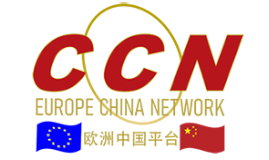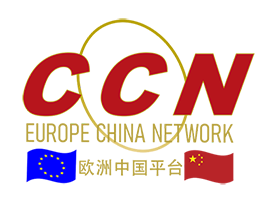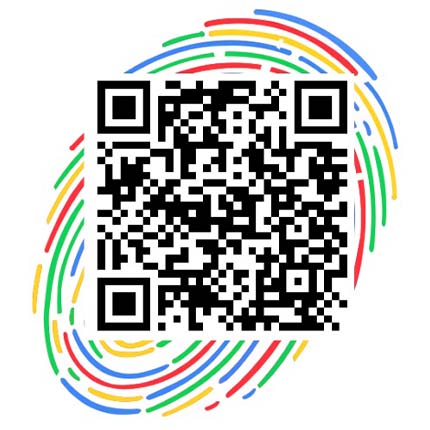
By Chris Michael
“As the world goes through transformation and turbulence not seen in a century, China and France should uphold their independence and jointly prevent a “new Cold War” or bloc confrontation, Chinese President Xi Jinping stated during his meeting with French President Emmanuel Macron and the President of the European Commission Ursula von der Leyen.
President Xi’s visit to Paris comes on the occasion of the 60th anniversary of the establishment of diplomatic relations between France and China: France was the first Western country to officially recognize the People’s Republic of China on 27 January 1964.
The Chinese President underlined the great importance of strengthening ties between China, France, and the European Union, especially in the current climate of international protectionism and the wars raging in Ukraine and Gaza.
President Xi’s visit to Europe comes at a time when there is strong skepticism and opposition to China’s trade and economic cooperation with Europe from various quarters, in particular from the United States and conservative European circles.
The US Administration considers it necessary that Europe’s dependence on the US should continue and that further development of EU-China relations should be avoided at all costs. On the contrary, President Xi emphasized to his interlocutors that cooperation between China and the European Union is complementary and mutually beneficial.
“The two sides have extensive common interests and wide scope for cooperation in green and digital transition,” Mr. Xi said, noting that “it is necessary for both sides to properly address, through dialogue and consultation, economic and trade frictions and that each side should deal skilfully with the legitimate concerns of the other side.”
It is worth noting that according to official statistics, the European Union is China’s second-largest trading partner, ranking high in both imports and exports. Similarly, China is the EU’s second-largest trading partner, the main source of imports, and the third-largest export destination. Furthermore, two-way investment between China and the EU is more than USD 250 billion.
European Commission President Ursula von der Leyen said she had a “frank exchange of views” with Mr Xi in closed-door talks with him and Mr Macron on Monday.
Ms von der Leyen said China’s “overcapacity” in electric vehicles and other sectors had led to “unsustainable imbalances”.
“For trade to be fair, access to each other’s markets must also be reciprocal,” the EU President said, stressing that Europe “will not hesitate to take tough decisions to protect its market or its security.”
At the trilateral meeting with French and EU leaders, President Xi dismissed the claim of “Chinese overcapacity” in terms of comparative advantage and global demand.
“China’s new energy industry has made real progress in open competition and represents advanced production capacity. It not only increases global supply and relieves the pressure of global inflation, but also contributes significantly to the global climate response and green transition,” Mr. Xi said. He added that he hoped the EU institutions would adopt a “positive policy” towards China.
Amid complaints from some Western politicians that China’s electric vehicles are disrupting “global prices”, even prominent US media outlets such as Bloomberg noted that the primary concern for advanced economies revolves around the efficiency and competitiveness of Chinese electric car manufacturers. This encompasses factors such as their technological expertise and modern transportation infrastructure.
Currently, Washington is trying to convince its allies in the West to “disengage” from China and slow down the country’s progress in the high-tech sector. At the same time, Washington is calling on the Europeans – with repeated suggestions that border on pressure – to reduce their economic relations with China.
It is worth noting that the French President, reacting to these pressures, has several times stated that Europe must become independent of the Americans. Recently, Macron stated emphatically that Europe “must never be a vassal to the United States.”
On Wednesday, Mr. Xi will go to Belgrade for talks with Serbian President Aleksandar Vucic, and on Thursday he will go to Budapest, where he will meet with Hungarian Prime Minister Viktor Orban. Both countries are considered pro-Russian and major recipients of Chinese investment.
Officially, President Xi’s visit to Belgrade coincides with the 25th anniversary of the bombing of the Chinese embassy in Serbia, when three Chinese journalists died after a US attack accidentally hit the building during the NATO air campaign against Serbian forces occupying Kosovo. It is reported that for Serbia, China is the largest source of foreign investment.
In Hungary, according to Chinese sources, Mr. Xi will underline the close economic and diplomatic ties between the two countries, including security cooperation, and will discuss the progress of the Chinese “Belt and Road” initiative, which includes a high-speed Budapest-Belgrade rail link.
Notably, Hungary is home to Huawei’s largest base outside China and will soon host the first European factory of automaker BYD.
The Chinese President’s visit to the three European countries is aimed at convincing the Europeans that China does not in any way wish to start a new cold war and to stress that imposing tariffs, measures and countermeasures will not help anyone. Europeans should not see China as a bogeyman and a bully, but as a peaceful power that is seeking cooperation.
Characteristic in this context is a statement made last March by President Xi, who recalled what Napoleon Bonaparte once said: “China is a sleeping lion, and when China wakes up the world will be shaken…” Today, Xi emphasized, China has awakened, but the world today sees a peaceful, friendly, civilized lion.”


















